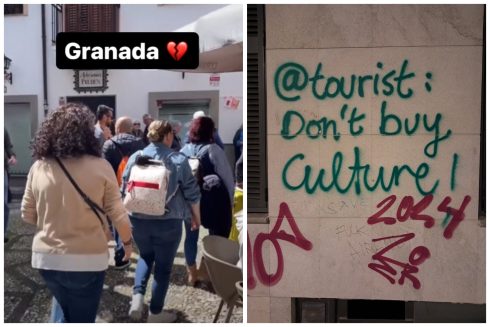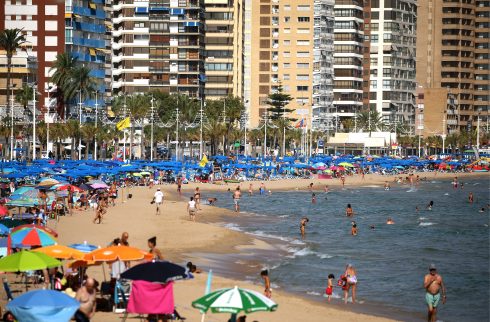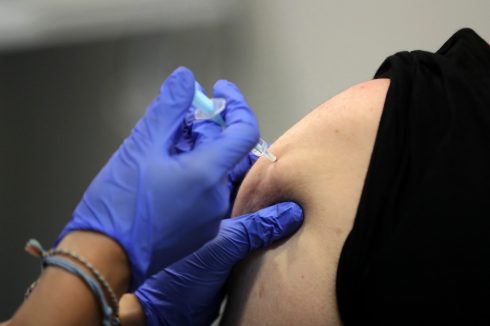Spanish researchers have announced a bid to settle the dispute over which country could claim Christopher Columbus as their own.
It was widely believed that he was the son of a weaver born in the Italian port of Genoa in 1451, but over the centuries he has been claimed as a native son of Greece, Catalonia, Portugal, Corsica, France, Scotland and even Poland.
A recent academic study focused on his language and grammar, concluded that Columbus was in fact a Catalan speaking man from the Kingdom of Aragon, an inland region of north-eastern Spain at the foot of the Pyrenees.
Others claimed the true origins of the man who discovered the Americas were hidden because he was Jewish or secretly working as a double agent for the Portuguese royal family.
“Our aim is to provide objective data that can … close a series of existing theories,” explained Jose Antonio Lorente, lead scientist of the DNA study at the University of Granada, during a video conference on Wednesday.
The research will examine DNA extracted from tiny bone fragments from what are believed to be the remains of Columbus, his son Fernando and his brother Diego.
The samples were first collected back in 2004-2005 but the team waited 16 years for technological advances to ensure the research would be successful.
“Our team agreed on an ethical approach … wait for a technological development that has now happened,” said Lorente.
The DNA will be analysed independently by laboratories in Europe and the Americas, and should be published in October.
To announce the study, Granada University hosted a meeting of proponents of alternative theories about Columbus’ birthplace, that include Spain’s Valencia, Espinosa de Henares, Galicia and Mallorca, as well as Portugal’s Alentejo region.
“I hope (with this research) we will come to the conclusion that unites us in our common objective, which is to demonstrate that Columbus was a Spanish nobleman and not a Genoese sailor,” said Alfonso Sanz, an amateur history researcher and author, who holds the theory that Columbus was born in Espinosa de Henares in central Spain.
Columbus died in Valladolid in Spain in 1506, but wished to be buried on the island of Hispaniola that is today shared by the Dominican Republic and Haiti.
His remains were taken there in 1542, then moved to Cuba in 1795 and then to Seville in 1898.
READ ALSO:
- Outrage as Government gives €3 million to crazy Catalan history group that claims Cervantes and Christopher Columbus were from Catalunya
- Finding Columbus in Huelva
- Podemos politician calls for Columbus statue to be removed from Spain’s Barcelona amid anti-racism protests










